Interview: DSM embraces sustainability
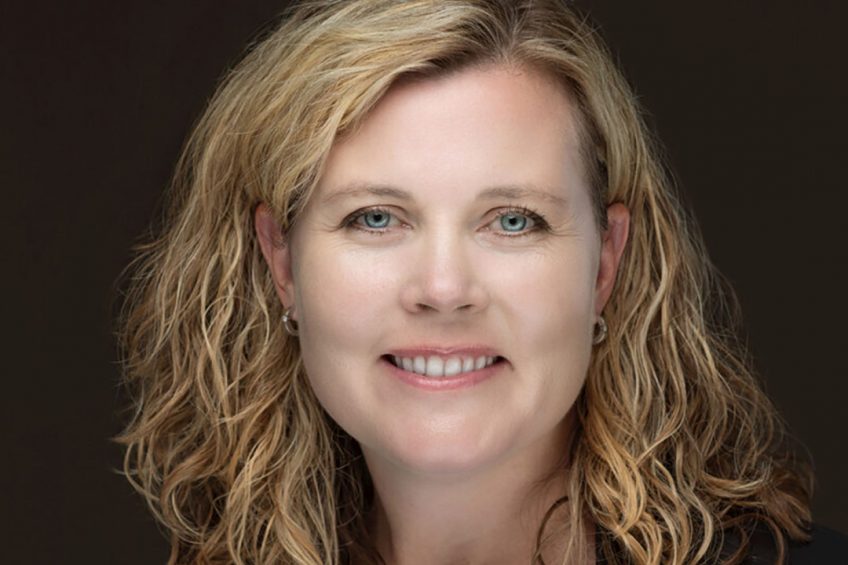
Feed additive producer DSM recently adopted a new strategy, revolving around sustainable production. Pig Progress talked with Christie Chavis, vice president at DSM Animal Nutrition and Health, about feeding a growing world population.
“We project an increase by up to 80% until 2050,” says Christie Chavis, vice president at DSM Animal Nutrition and Health. She continues, “We all must step up and embrace sustainability in all aspects to make this growth possible.”
Quantities of animal protein
DSM has many years of experience in the animal production business. Chavis says, “We are looking at the food chain in a holistic way and continuously ask ourselves where we can affect it for the better. The challenge is that we do need ever-increasing quantities of animal protein. This is already placing tremendous pressure on our planet’s finite natural resources, which will lead to significant environmental strain and take our food systems well beyond the planet’s boundaries.”
‘We make it possible’
The company recently launched a strategic initiative, revolving around sustainable production. Chavis says, “It’s called ‘We make it possible’. It is our commitment to tangible and actionable solutions that cater to the customers we care most about: people and planet earth.
“Sustainability is not new. It has been in the DNA of DSM for years, but what makes it attractive for me now is that the company embraces its leadership role and wants to be a ‘change agent,’ steering the global conversations and connecting the various stakeholders of the farming ecosystem.”
Sustainability development goals
Sustainability is all-encompassing, Chavis says. “If we look within our own company, we want to reduce our CO2 footprint by 30% in the coming decade, but that is only the beginning. The real win is with our customers and their output. We are taking responsibility for our own role in protecting the planet, and have and continue to develop business solutions that enable the industry to make affordable and measurable improvements in the sustainability of animal protein. We are tailoring our products to meet our customers’ demands and challenges.”
Improving the lifetime performance of farm animals
Chavis emphasises that the company’s strategy is in line with the United Nations’ sustainability development goals; improving the lifelong performance of farm animals, improving the quality of food (i.e., meat, milk, fish, eggs), while reducing food loss and waste, reducing emissions from livestock, making efficient use of natural resources, reducing the reliance on marine resources and helping tackle anti-microbial resistance.
Knowing that animals do better with our vitamins and are more efficient with products like our new enzymes, is great stuff
She says, “I am super-excited about health and welfare, for instance. Knowing that animals do better with our vitamins and are more efficient with products like our new enzymes, is great stuff. We know that our customers are keen on gut health, an area of R&D which is booming. We are just in the infancy of influencing the microbiome, an area where we hold great expectations to develop further.”
Acceleration towards a more sustainable future
The strategic initiative comes after years of investment in scientific solutions. Chavis says, “Our customers’ pain points remain our core business. This strategy marks not a new beginning, but a significant acceleration of the journey towards a more sustainable future.”
 Beheer
Beheer

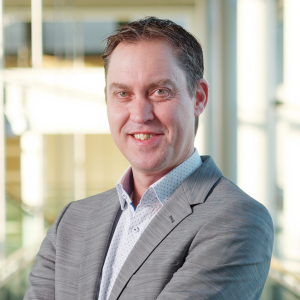
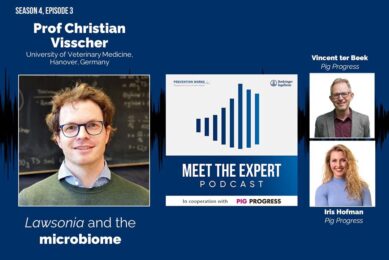
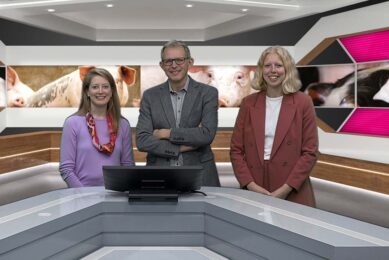
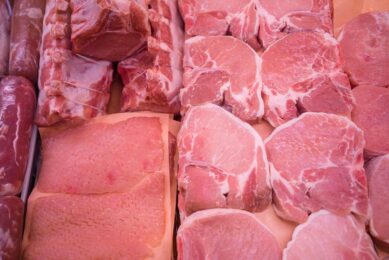
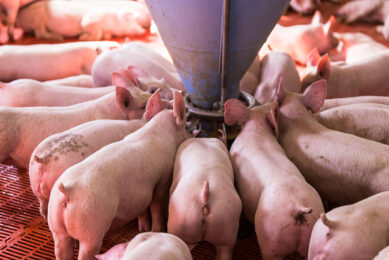



 WP Admin
WP Admin  Bewerk bericht
Bewerk bericht